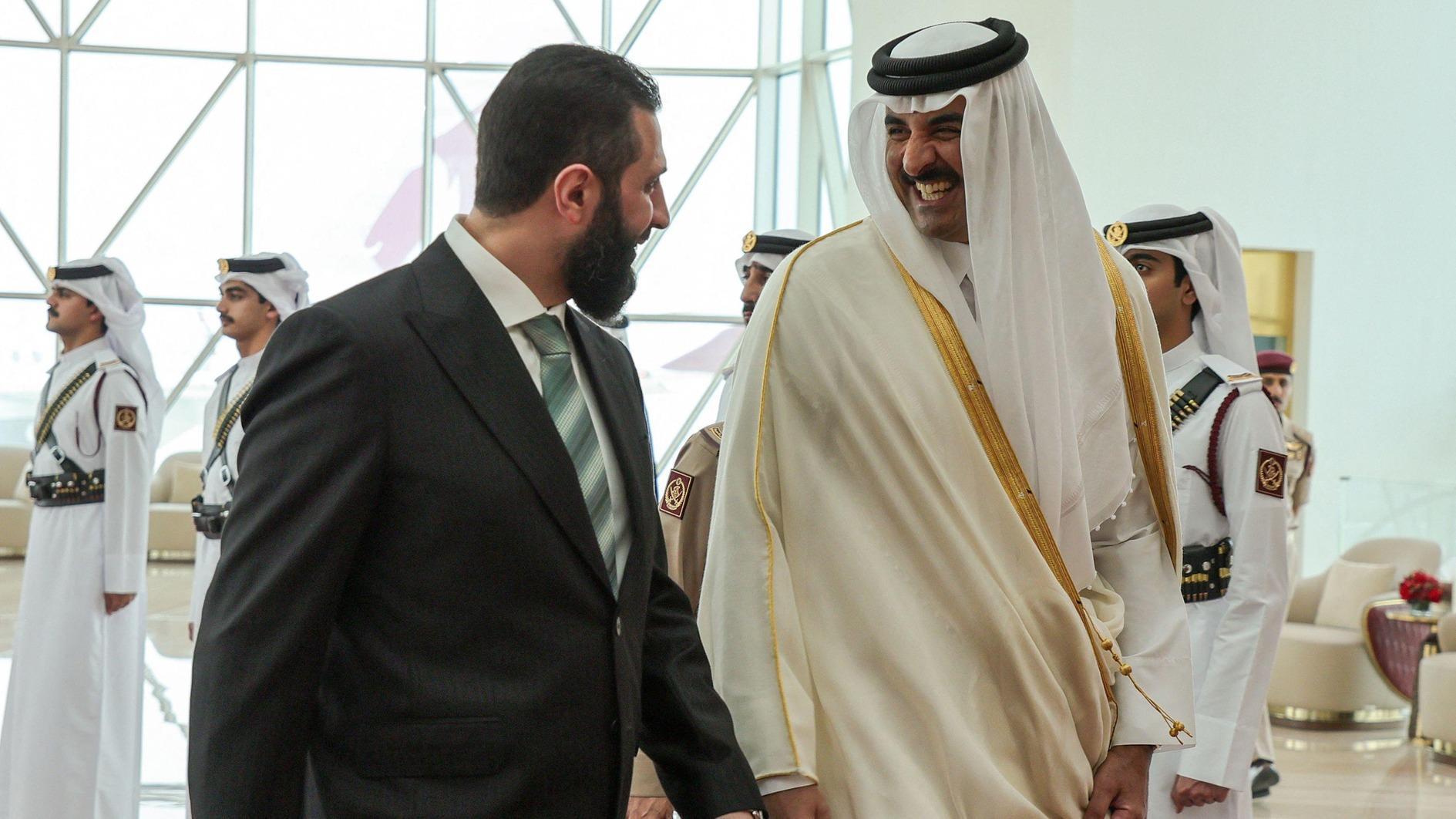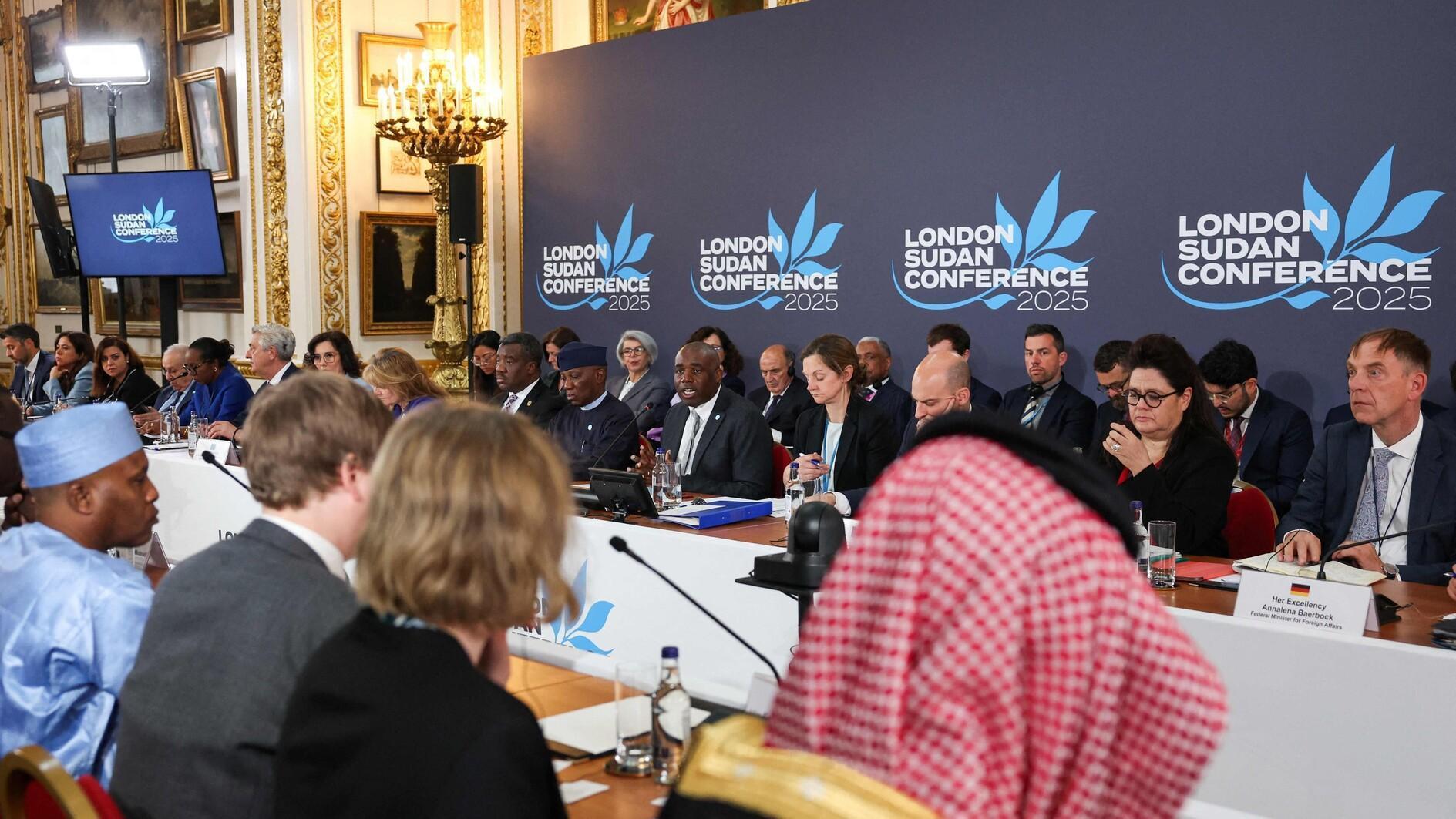Bregovic pens letters for Sarajevo
BELGRADE-Agence France-Presse

For Balkan rock star Goran Bregovic, his hometown and muse Sarajevo is more than a city. It’s a metaphor for a multicultural way of life that can be torn apart by religious conflict.
“What we see in Europe today, we saw first in Sarajevo: a neighbor, who one day is a good neighbor, the next day shoots you because you’re of another religion,” he tells AFP.“Sarajevo has always been my first metaphor. Today it’s not just the name of a city. It’s a metaphor for our times.”
The 67-year-old dedicates his latest album, “Three Letters from Sarajevo”, to fragile religious harmony as well as to his native city, the Bosnian capital.A demanding world tour this year will see the celebrated musician perform his new songs on around 130 stages with his Weddings and Funerals Orchestra.“I’m not someone who does video for YouTube, who does TV. I’m old-fashioned...
I travel the whole world to introduce my album,” he tells AFP with a smile at his studio in Belgrade, as lively trumpeting drifts in from the next room.His new tracks feature world stars including Israeli musicians Asaf Avidan and Riff Cohen, Algerian punk icon Rachid Taha and Spanish singer Bebe, alongside three pieces for violin and orchestra.
The violin is also a metaphor, he explains, owing to its three principal and very different styles traditionally played by Christians, Jews and Muslims.When Yugoslavia fell apart in a series of bloody inter-ethnic wars in the early 1990s, Bregovic, unlike a number of other artists, refused to take a side.“My father was a Catholic Croat, my mother is an Orthodox Serb, my wife is Muslim. I was not in the position to hate anyone. I was sad for everyone else.” In a scene from a 1991 documentary that he replays in the new album’s trailer, a young Bregovic sits in central Sarajevo as music rings out from “mosques, churches, cathedrals” at midday.“It would be a shame,” he says in the video of the religious coexistence, “if it has to stop one day”.
“This was a video I made a year before the war. The sad thing is that there you see a young man saying that, but I’m doing the same thing at 67,” he tells AFP.
















